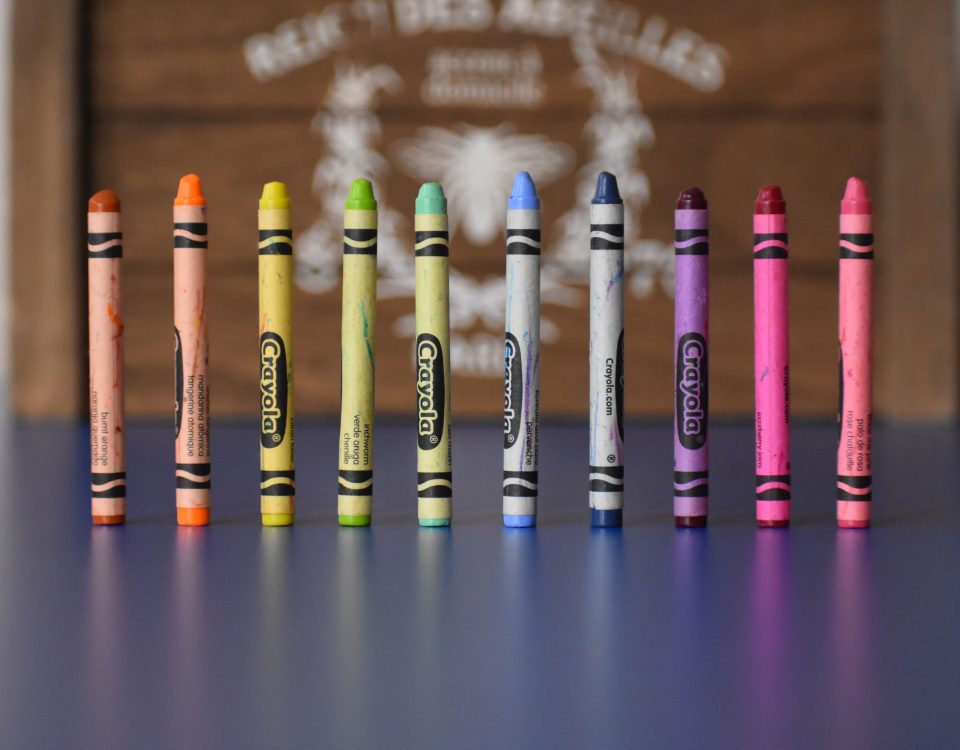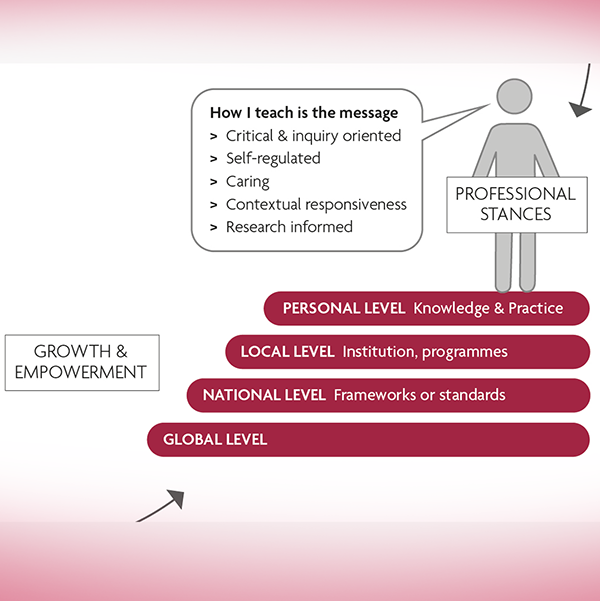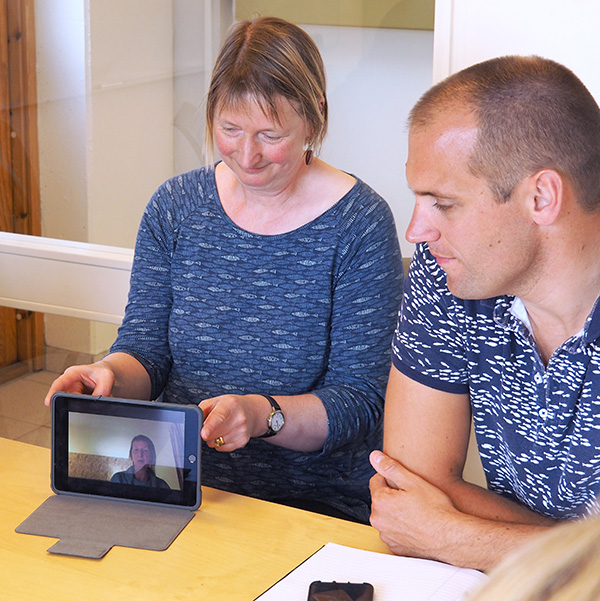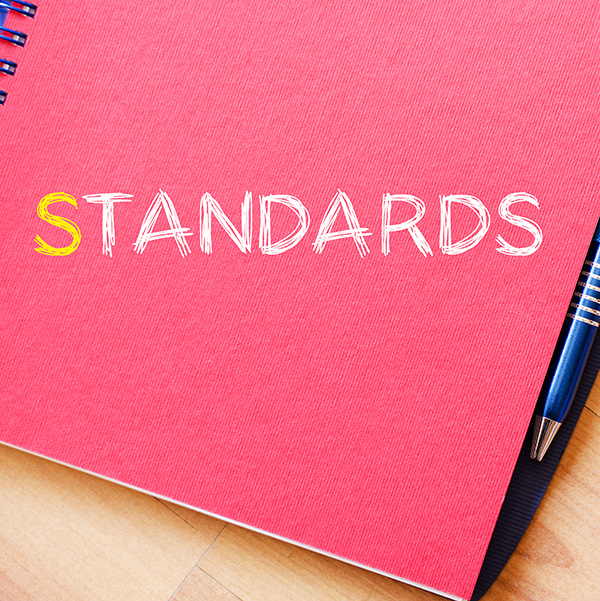Stages of professional development
We welcome new blogs on teacher educators and teacher educator development (500-750 words). For more information see our Blog submission policy or contact your national moderator.
It’s April 2020 and I’m writing this at home in lockdown during the Covid 19 pandemic. In these terrible times, one of my ways of maintaining a semblance of ‘normal life’ is to take refuge in my research, an enjoyable and – usually - productive process for me. But this was not always so. In my early years as a teacher educator, I struggled to research and write...
Focus on short videotaped episodes, find critical moments and examine them through predefined perspectives. These are the core instructions of a Do It Yourself (DIY) tool for analyzing self-filmed classroom videos currently being developed. Many teacher educators consider classroom video to be an important resource that supports high-quality professional learning (Marsh & Mitchell, 2014). Videos provide rich data, and are easily filmed with smartphones.
As a 19-year-old girl, I used to work at a bank during summer holidays. For three weeks I was a desk staff member and I helped customers with foreign currencies, to place funds and make cash withdrawals. At that time there were no cash machines yet. The job I experienced was not at all exciting. At the beginning of the day, I knew exactly what was going to happen. I knew which forms I had to hand in at the end of the day to be sent to the head office. It did not take me long to realize I did not have any aspiration to work as a bank employee.
As the landscape of teacher education continues to shift towards emphasizing program coherence and highly integrated clinical practice, so too does the work of teacher educators working in higher education. The emphasis on linking to the clinical context requires collaboration between school and university-based teacher educators’ to systematically and intentionally link theory, research, and practice to support teacher candidate learning. This preparation requires creating third spaces...
We all want to be ‘in-service’ in qualitatively good ways. InFo-TED's conceptual model for teacher educators, shows that we pass through several phases before we are ‘in-service’. This specific part of the complex conceptual model distinguishes the phases of career-long learning as follows...
From the ‘pre-initial’ phase, just recruited and on the doorstep of becoming a teacher educator, one moves to the ‘initial phase’. After maybe one to two years the next...
Experiences with Velon Professional Registration for Teacher Educators. Velon (Association for Teacher Educators in the Netherlands) is committed to the quality of individual teacher educators and to the quality of the professional group. Velon manages, among other things, the professional register for teacher educators. The aim of registration is a recognition of the quality of teacher educators’ work. As chair of Velon, I couldn't stay behind. it was time for me to register and it seemed best to do that together...
- All
- Assessment
- Boundaries
- Communication and relations
- Diversity
- How I teach is the message
- ICT and technological change
- Identities
- Personal level
- Personal, local, national and global level
- Research
- Social change
- Stages of professional development
- Uncategorized
- University-based and school-based teacher educators
- Visions

















